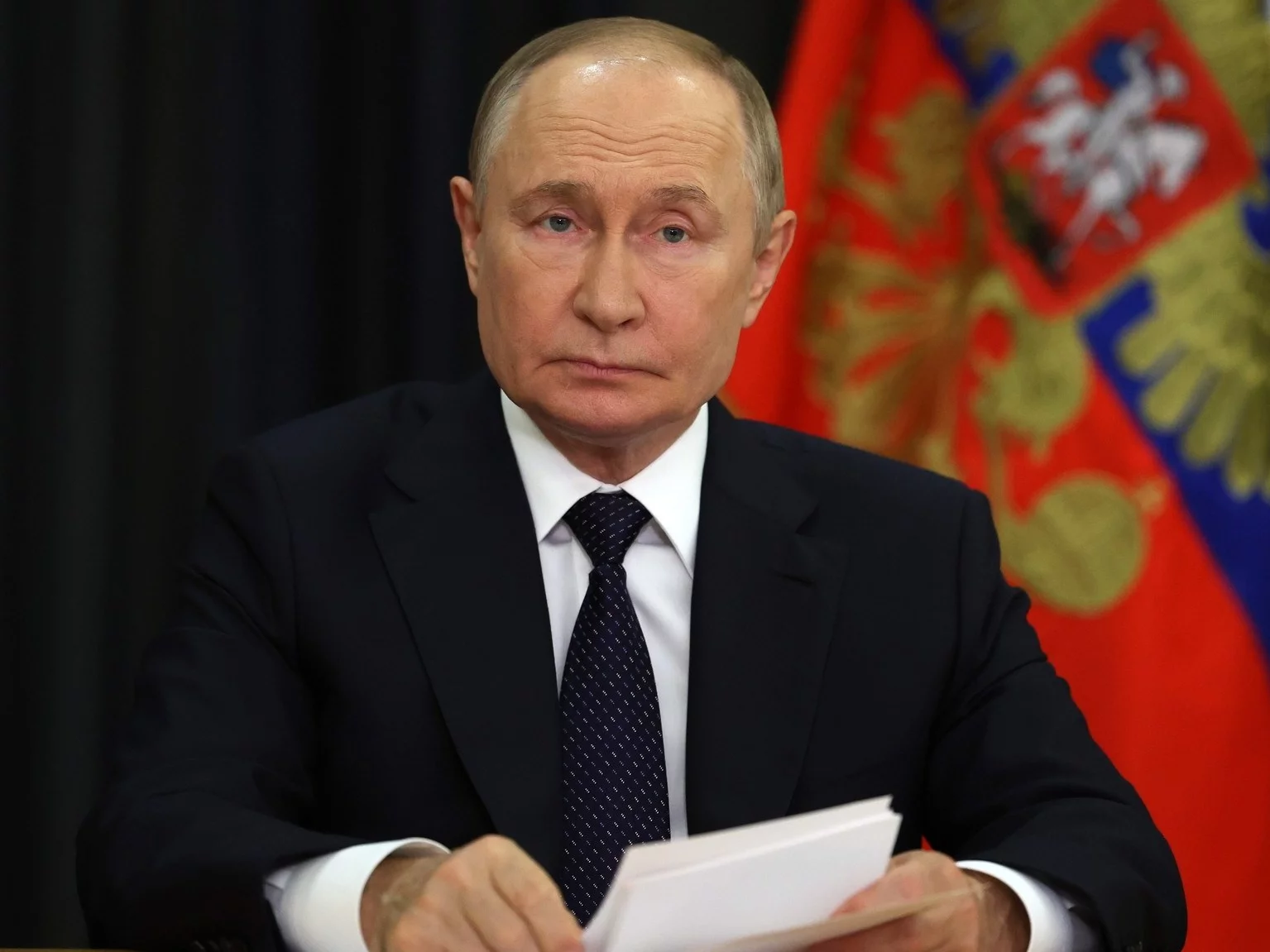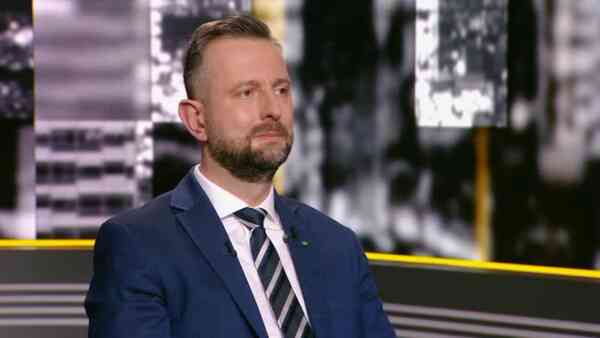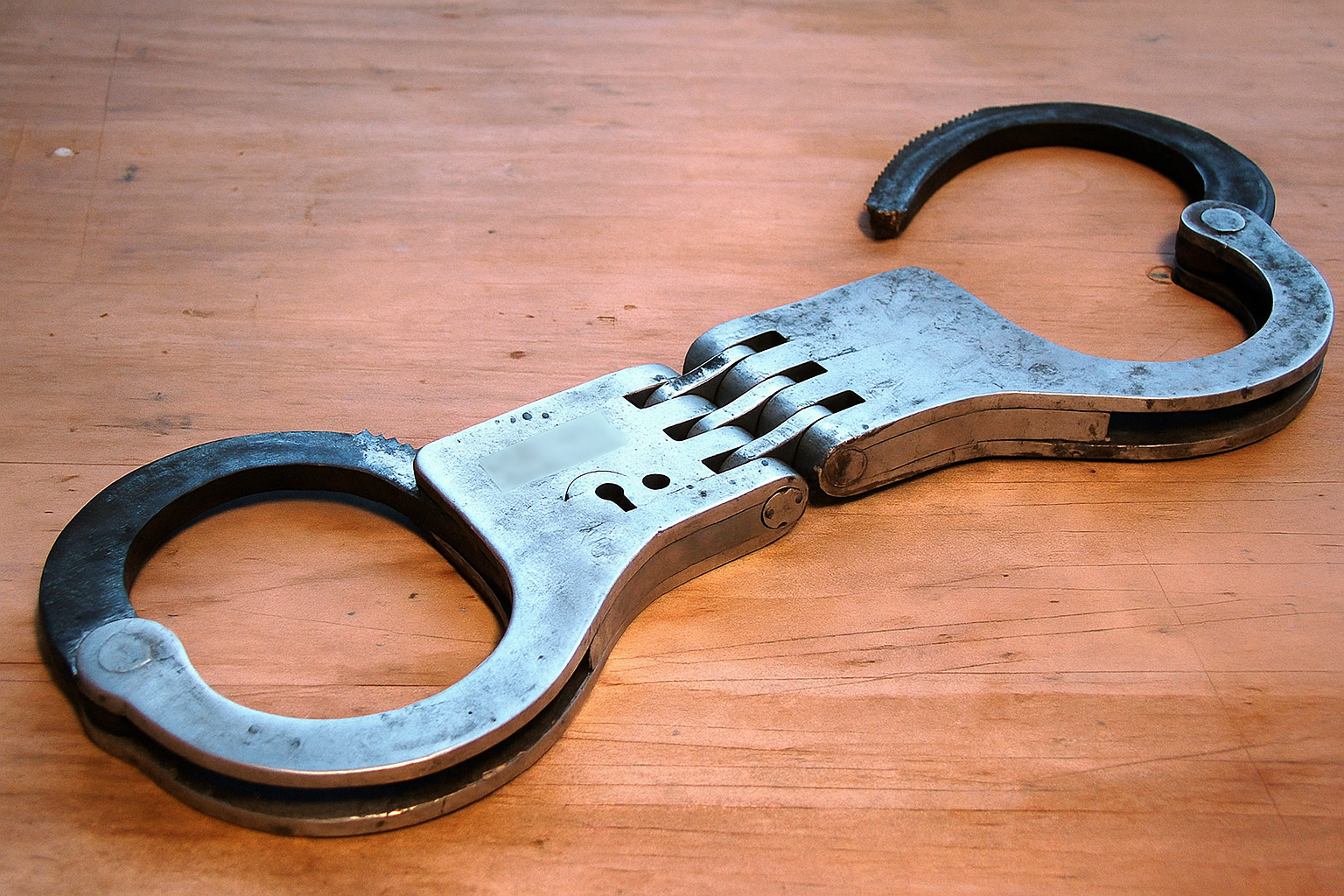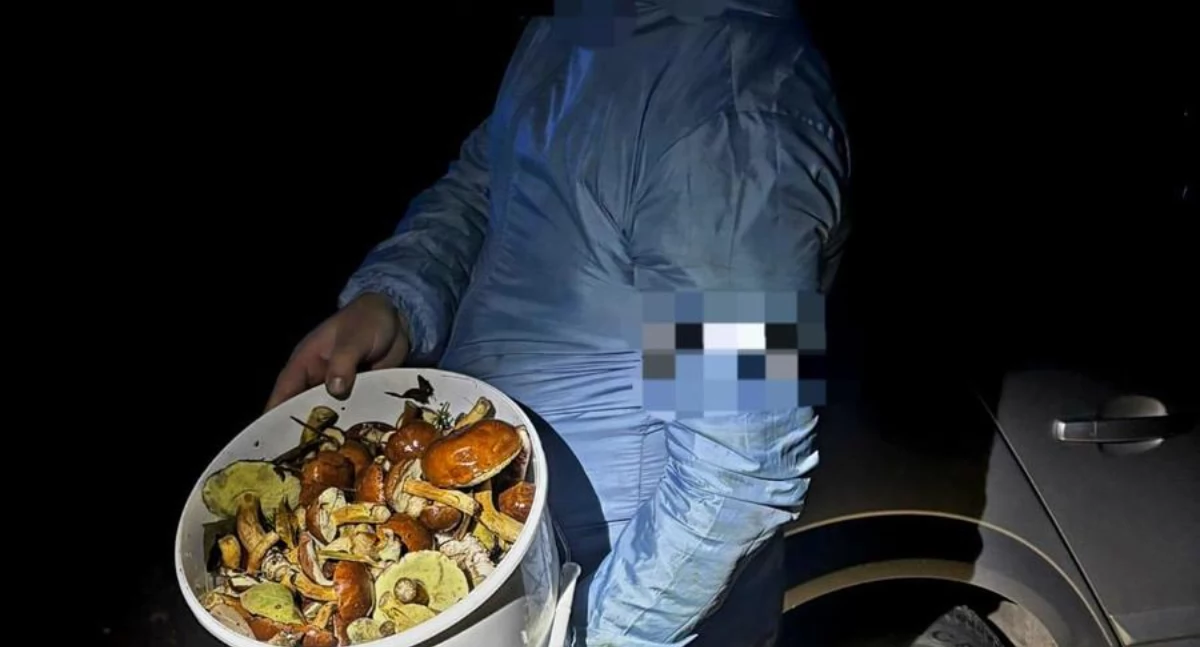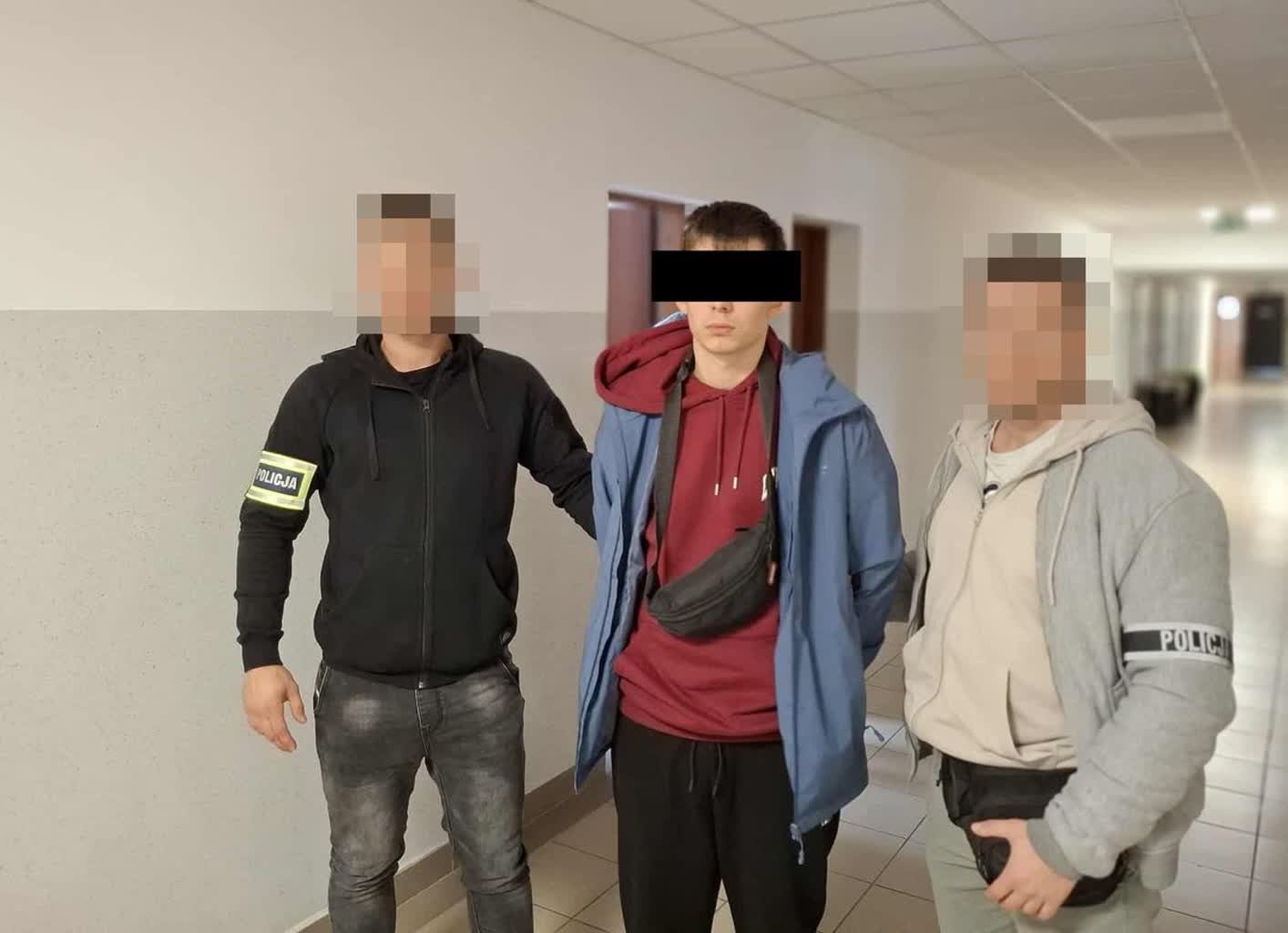Sir Keir Starmer will urge allies to step up economic efforts to "cripple" Vladimir Putin's military amid European concerns about US President Donald Trump's support for Ukraine. The Prime Minister plans to discuss intensified pressure strategies with the so-called "coalition of the willing" on Friday.
The talks follow failed discussions between Volodymyr Zelensky and Trump that did not result in the US supplying Tomahawk missiles to Ukraine. Reports suggest the Ukrainian president faced pressure to accept Moscow's demands during these negotiations.
Trump-Ukraine tensions
The Financial Times reported that last week's meeting between Zelensky and Trump at the White House descended into a "shouting match". Despite this, Zelensky has publicly insisted the meeting was "positive" whilst acknowledging underlying tensions about US strategy.
Zelensky suggested Trump does not want to escalate tensions with Russia before a potential face-to-face meeting with Putin. "In my opinion, he does not want an escalation with the Russians until he meets with them," Zelensky said.
Economic pressure strategy
Starmer said he wanted Ukraine to be put in the "strongest possible position" before, during and after any ceasefire, although he emphasised Putin was not serious about peace negotiations. The Prime Minister's intervention comes as European leaders express growing concerns about future US military support.
Speaking before this week's coalition talks, Starmer said: "We must be resolute in our support for Ukraine and I'm committed to intensifying our efforts to cripple Putin's war machine. Russia's stalling tactics have shown time and time again that Ukraine is the only party serious about peace."
The Prime Minister added: "Tyrants like Putin only respond to strength. We must ramp up the pressure on his economy and defence industry, as we did last week with a major package of sanctions until he's ready to make peace." He warned that Ukraine's future directly impacts European security as winter approaches.
Sources used: "PA Media", "Financial Times" Note: This article has been edited with the help of Artificial Intelligence.

 5 godzin temu
5 godzin temu

